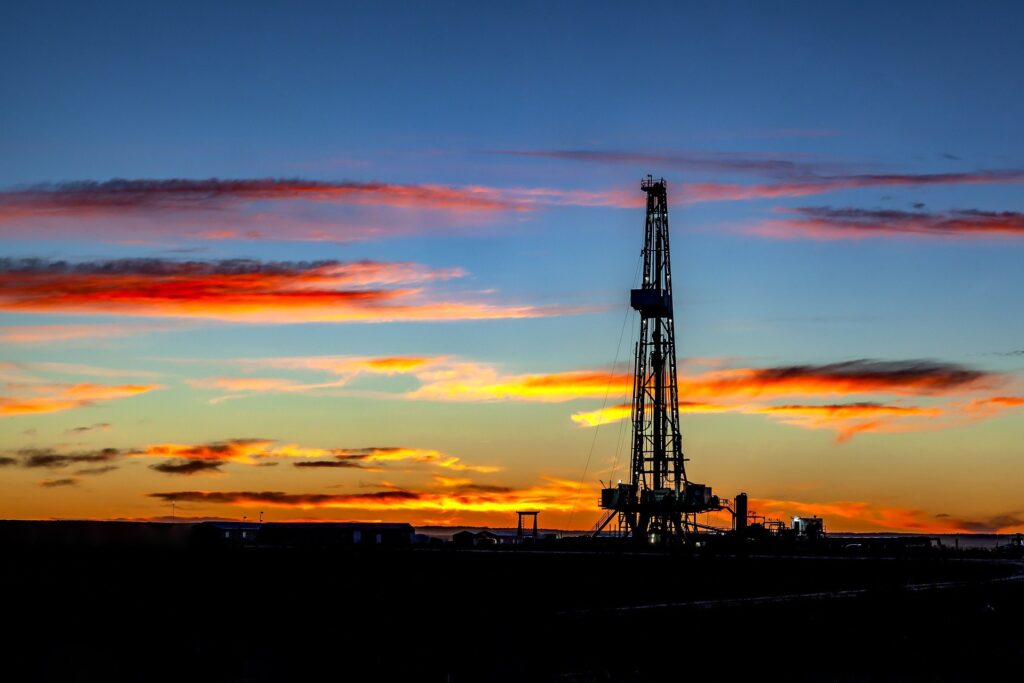Khalda Petroleum and Qarun Petroleum, two well-known Egyptian local enterprises, have announced plans to invest more than $1 billion in oil and gas exploration in Egypt. During the fiscal years 2021 to 2022, Khalda Petroleum wants to invest $830 million, while Qarun Petroleum plans to spend $252 million drilling 35 exploration wells and 52 development wells in Egypt’s Western Desert. The investment will come into effect this July.
The intentions were announced at a budget planning video conference with Tariq Al Mulla, Minister of Petroleum and Mineral Resources, who underlined the importance of focusing on exploration efforts and completing them quickly to compensate for natural production declines.
Khalda Petroleum is a joint venture between Egyptian General Petroleum Corporation and Apache Corporation, and it is one of North Africa’s top oil and gas producers. On the contrary, Qarun Petroleum is a group of companies established in 1995 as an operating company for Egyptian General Petroleum Corporation. Qarun Petroleum consists of several other companies, Apache Oil Egypt Inc, Phoenix Resources Company of Qarun, and GNR Seagull.
According to Chairman Saeed Abdel Moneim, Khalda Petroleum target to drill 87 new wells in total during the planed period. Including 35 exploring and 52 development wells. The plan seeks to contribute an average daily production of about 130,000 barrels of crude oil and condensate. In addition, 630 million cubic feet of natural gas. in its concession areas in the Western Desert.
Over the same period, Qarun Petroleum Co will put up a program of drilling 24 development or production wells and 6 exploration wells. In addition to this, the implementation of a plan to maintain and repair the wells will help to produce about 9 million barrels of crude oil annually.
In the past few years, the exploration of gas and oil assets of this area (western desert) has been extremely neglected by the authorities, one of the biggest reasons for this negligence is the extraordinary financial cost of oil exploration and maintenance of these resources.
Abdel Khaleq Faruq, the director of the Nile Center for Economic and Strategic Studies, also revealed: Many factors have hindered the oil and gas exploration in the region, one of the many reasons is, this region is the most contaminated by landmines left after World War I and World War II. Director Faruq also stated that “as a result, the exploration process has become more complicated and expensive because some regions must be cleared before actual drilling can take place.”











